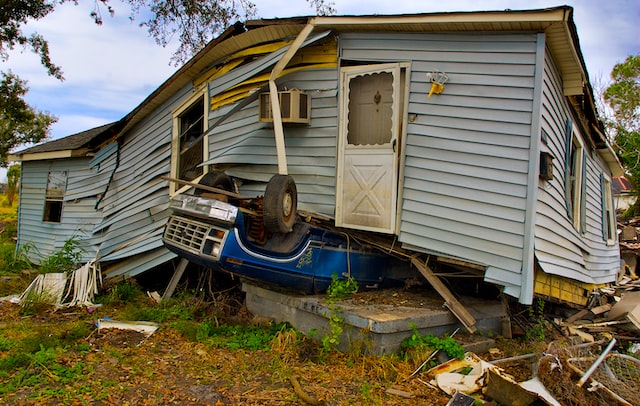You may experience stress and confusion if a storm severely damages your house, especially when you need to make numerous important repair decisions. Breathe deeply, and allow us to guide you through the chaos.
Analyze how livable your house is
Can you stay there while the house is being fixed up? Is your community likewise severely damaged? Do you need authorization from the local law enforcement to go back and clean up your house? As soon as you can, get in touch with your insurance provider so that a claims adjuster can evaluate the damage. Up until adjusters have evaluated and decided expenses, not much repair work can be done.
Submitting a claim
Do not wait to address any exposure to the outdoors, including leaks in the roof. Take photographs right once and cover the area with tarps to stop future damage, which the insurance company could dispute. For qualifying catastrophe victims, the Federal Emergency Management Agency (FEMA) provides assistance, occasionally helping with expenses that private insurance does not cover.
Locating and employing contractors
When employing contractors after a hurricane, proceed with caution. To avoid employing “storm chasers,” who prey on residents in disaster areas, always check references. They provide shoddy labour, or worse, they steal the deposit money and flee the area. Start looking for contractors for each job once the insurance adjuster has established the damages and how much the business will pay. Utilize a range of tools, including internet research, personal recommendations, and advice from your insurance provider.
For each project, obtain three written estimates. Look for contractors who have a history of success and are members of the Better Business Bureau’s accreditation programme. Examine customer evaluations on sites like Yelp as well.
Request a copy of the liability insurance card from the contractor. Carefully review your repair agreement. Anything you don’t understand, don’t sign. In the case that the contractor fails to pay the employees and suppliers, do not agree to pay them. Once the work has been completed to your satisfaction, obtain a “release of lien.”
Repair costs after a storm
Together with your contractor, establish a payment schedule. Never pay the entire price up front. A third of the entire sum can be put down as a deposit. Never give the contractor an endorsement on your insurance settlement cheque.
Want more advice? www.stormdamagecenter.org is a useful resource for comprehensive information on coping with storm damage.



